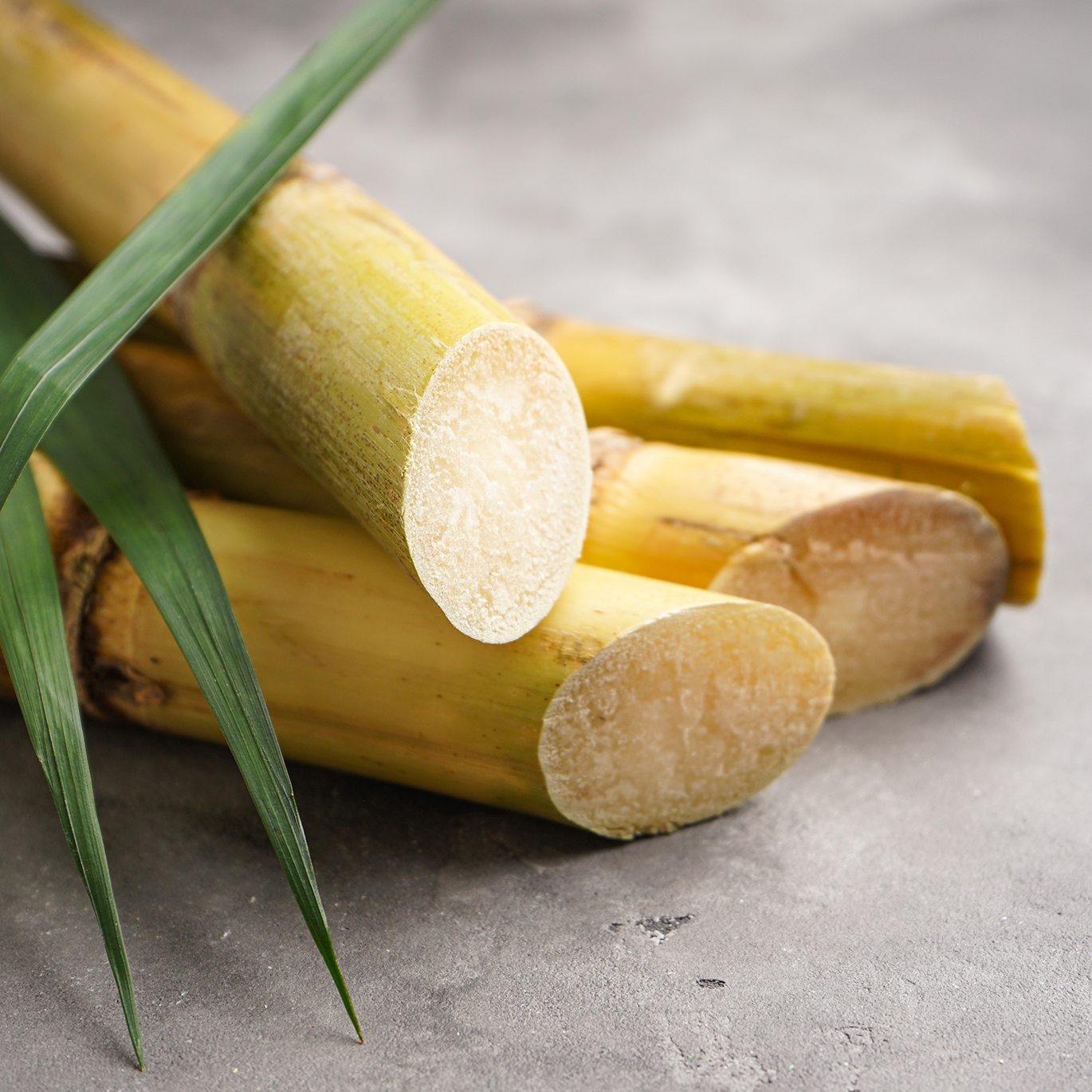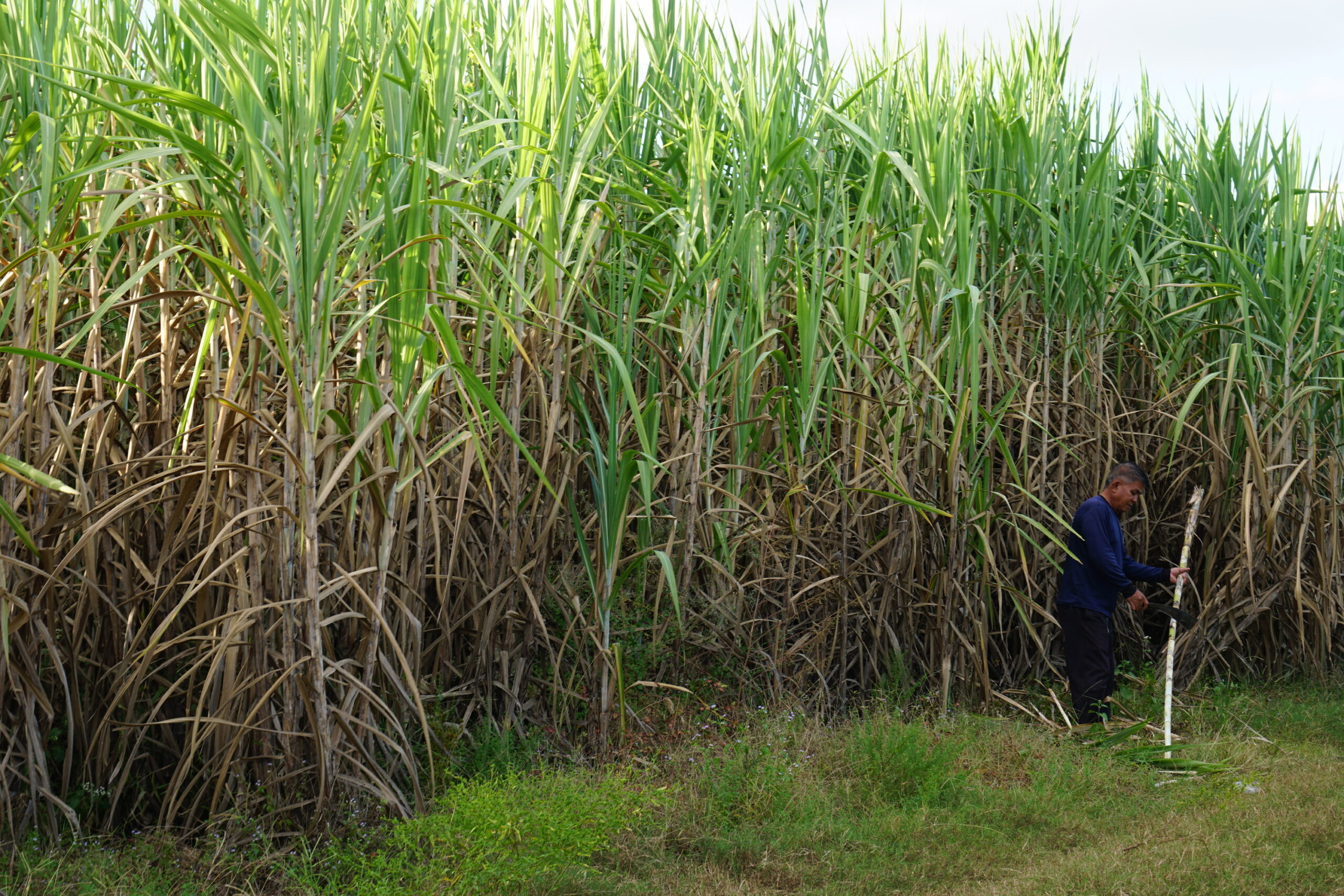The Environmental Impact of Growing Sugar and Cane in Various Regions
The Environmental Impact of Growing Sugar and Cane in Various Regions
Blog Article
Why Cane Sugar Handling Chemicals Are Crucial for Modern Sugar Refining
The role of walking cane sugar processing chemicals in modern-day sugar refining can not be overemphasized, as they are indispensable to improving both the effectiveness of extraction and the overall quality of the end product. Agents such as phosphoric acid and details flocculants are used to remove pollutants, leading to sugar that not just satisfies consumer assumptions but also sticks to industry requirements. However, the effects of these chemicals extend beyond top quality, touching upon market dynamics and environmental considerations. This elevates important concerns regarding the sustainability of such methods and their effect on the future of sugar production.
Role of Handling Chemicals
The efficacy of walking stick sugar handling hinges substantially on the critical application of processing chemicals. These chemicals play a critical role in enhancing the performance and top quality of sugar extraction and refining. From the first stages of juice removal to the last filtration steps, processing chemicals help with different vital operations.
In the removal stage, chemicals such as phosphoric acid and calcium hydroxide are used to enhance the information process, aiding to remove contaminations and suspended solids from the cane juice. This not only boosts the return however likewise guarantees the quality of the last item. Additionally, agents like flocculants aid in the fast settling of pollutants, therefore streamlining the total procedure.
Triggered carbon and ion exchange materials offer to remove shade and smell, making certain that the polished sugar meets consumer quality requirements. Therefore, the careful choice and application of these chemicals are essential for achieving ideal outcomes in walking stick sugar processing.
Key Kinds of Chemicals
Walking stick sugar processing depends on a variety of crucial chemicals that assist in each stage of production. These chemicals play essential roles in clarifying, bleaching, and cleansing the sugar drawn out from walking cane.
One main category of chemicals consists of flocculants, such as polyacrylamide, which help in the information process by advertising the aggregation and settling of pollutants. Furthermore, calcium hydroxide is typically employed to neutralize level of acidity and assist in the removal of non-sugar components.
Whitening agents, such as turned on carbon and sulfur dioxide, are used to decolorize the syrup, leading to a clearer final item. These chemicals help get rid of color compounds that may affect the sugar's look and marketability.
In addition, phosphoric acid functions as a pH regulator during the processing phases, guaranteeing ideal problems for the chemical tasks associated with sugar extraction and filtration.
Various other essential agents include edta (ethylenediaminetetraacetic acid), which chelates metal ions that could catalyze undesirable responses, and sodium hydroxide, which aids in pH control throughout the refining process. Jointly, these chemicals boost performance and make sure a premium walking stick sugar item.
Benefits for Sugar High Quality
Typically neglected, making use of particular processing chemicals dramatically enhances the total top quality of cane sugar. These chemicals play a pivotal function in refining procedures, ensuring that the last product meets rigorous industry standards for pureness and taste.

Additionally, processing chemicals help in attaining a consistent granulation and appearance, which are important for customer acceptance. By managing the formation process, these chemicals make sure that the sugar crystals form consistently, bring about an extra enticing item that liquifies well in numerous applications.
Additionally, making use of these chemicals can improve the service life of walking stick sugar by lessening wetness absorption and microbial growth. On the whole, the tactical application of handling chemicals is necessary for providing high-grade cane sugar that satisfies consumer assumptions and market needs.
Environmental Effect Considerations

Furthermore, the energy-intensive nature of sugar refining, compounded by chemical use, often causes enhanced carbon emissions. This contributes to environment change and increases problems concerning the sustainability of existing refining methods. Furthermore, the sourcing of these chemicals might include practices that threaten biodiversity, such as monoculture farming, which minimizes the resilience of agricultural communities.

To minimize these impacts, sugar refiners are increasingly exploring sustainable options and view it now adopting finest techniques that lessen chemical click to investigate usage. Applying strenuous ecological monitoring systems can aid make sure that the refining process lines up with environmental requirements and promotes biodiversity. Inevitably, a well balanced method that prioritizes both sugar top quality and ecological stewardship is important for the long-term stability of the sugar market.
Future Patterns in Refining
As the sugar industry grapples with the ecological difficulties connected with standard refining techniques, innovative techniques are arising to boost both performance and sustainability. One substantial pattern is the adoption of eco-friendly chemistry principles, which focus on the use of non-toxic, naturally degradable processing chemicals. This change not just reduces ecological influence however also addresses customer demand for cleaner production techniques.
An additional appealing growth is the application of innovative filtration technologies, such as membrane layer separation and adsorption procedures. These techniques boost the quality and quality of the sugar while lowering the quantity of wastewater generated during refining. In addition, the integration of digital technologies, consisting of IoT and AI, is changing operational efficiency by allowing real-time monitoring and anticipating maintenance, therefore decreasing resource waste.
Additionally, making use of spin-offs from sugar refining, Discover More such as bagasse and molasses, is gaining grip. These materials can be transformed right into biofuels or value-added items, adding to a circular economy within the industry. Collectively, these fads signify a change towards more sustainable practices that not just improve operational effectiveness but also straighten with international sustainability goals, ensuring the future stability of sugar refining.
Final Thought
Walking stick sugar processing chemicals are vital in contemporary sugar refining, considerably improving the effectiveness and top quality of sugar removal. The calculated use of these chemicals not only enhances the purity and flavor of the last product however additionally makes certain consistent crystallization and appearance. As the industry increasingly prioritizes sustainability, the adoption of environmentally-friendly processing representatives is likely to form future trends in refining, ultimately causing higher high quality items and expanded life span for consumers.

Eventually, a balanced approach that focuses on both sugar high quality and ecological stewardship is essential for the lasting feasibility of the sugar sector.
Walking stick sugar processing chemicals are vital in modern sugar refining, considerably enhancing the performance and quality of sugar extraction.
Report this page